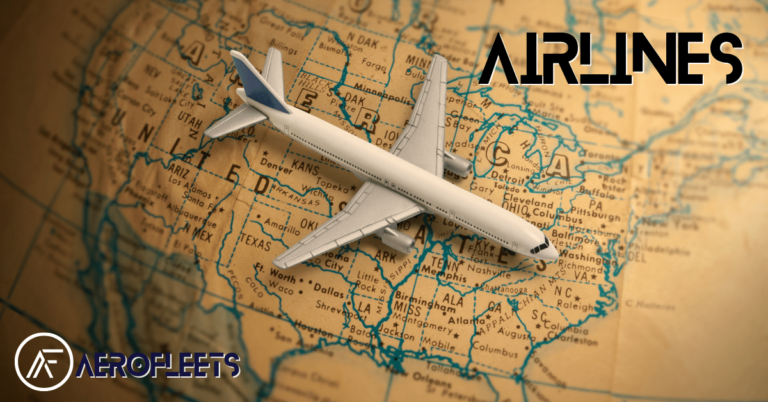The Air France-KLM Group is one of the leading global airline groups. With a portfolio of operations comprising both Air France and KLM Royal Dutch Airlines, the Group offers an extensive network covering both Europe and the rest of the world. As a result, the Air France-KLM Group has become a major player in the global airline industry. In this article, we will explore the potential of the Air France-KLM Group, and discuss the opportunities and challenges it faces.
Overview of the Air France-KLM Group
The Air France-KLM Group is a global aviation group formed in 2004, through the merger of Air France and KLM Royal Dutch Airlines. The Group is headquartered in Paris, France, and consists of more than 100 subsidiaries and joint ventures, with a total fleet of over 700 aircraft. The Group has an expansive global network that covers Europe, North America, South America, the Middle East, Africa, and Asia. It also offers an extensive range of services, including passenger and cargo transport, engineering, maintenance, and other associated services.
The Group is also actively involved in developing new technologies and services. The Air France-KLM Group was one of the first airlines to launch a digital wallet, allowing passengers to pay for flights and services with their phones. The Group has also developed a range of other digital services, including an online check-in system, a mobile app, and a loyalty program.
Exploring the Potential of the Air France-KLM Group
The Air France-KLM Group has the potential to become a major player in the global aviation industry. The Group has a vast network covering Europe and the rest of the world, and an extensive portfolio of services. This offers the Group an opportunity to capitalize on the growth in the global aviation industry, and to expand its market share.
The Air France-KLM Group has also made significant investments in technology, which are likely to pay off in the future. The Group has developed a range of digital services, which have the potential to increase efficiency and reduce costs. In addition, the Group has invested in new technologies, such as electric planes and autonomous drones, which could revolutionize the aviation industry.
The Air France-KLM Group also faces some challenges. The Group is competing in a highly competitive industry, and many of its competitors are well established. The Group also faces the challenge of dealing with volatile fuel prices, as well as increasing competition from low-cost carriers. Furthermore, the Group is subject to stringent regulations, which could hamper growth.
In conclusion, the Air France-KLM Group has significant potential. The Group has a vast network, an extensive portfolio of services, and is actively investing in new technologies. However, the Group also faces some challenges, including competition from established players and volatile fuel prices. The Group will need to be strategic in its approach in order to capitalize on its potential and remain competitive in the global aviation industry.



